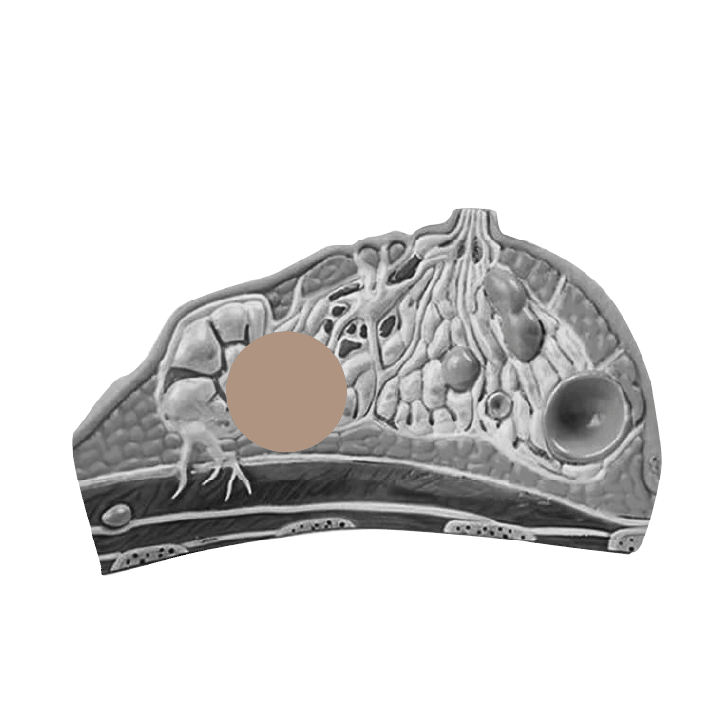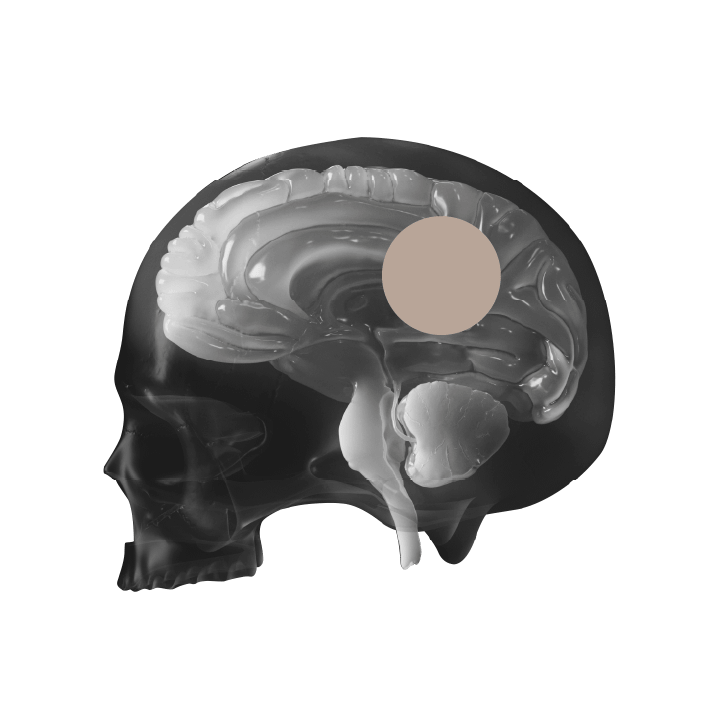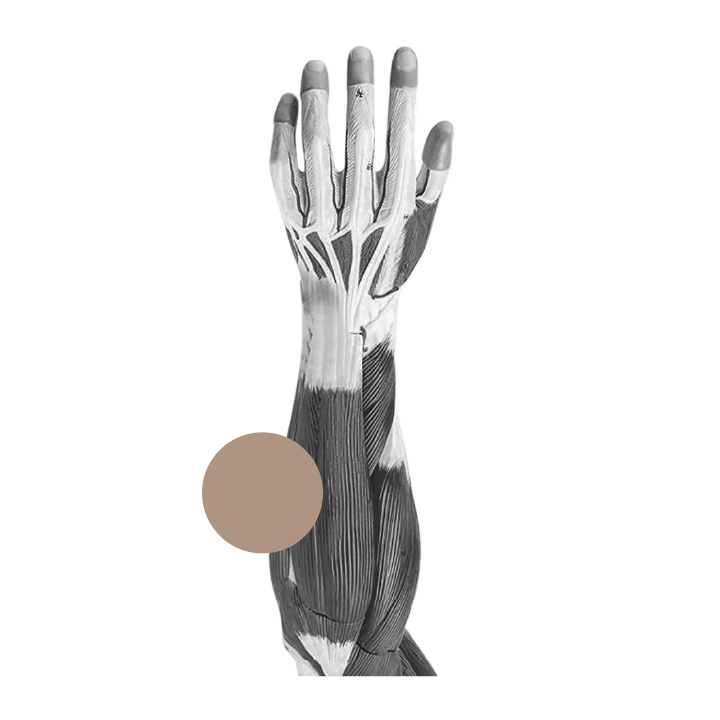Our Attorneys Can Help with Your 9/11 Soft Tissue Cancer Claim
There is a well-known link between exposure to the toxin-laden dust of Ground Zero and cancer. Individuals who were exposed to it, especially rescue and recovery workers, are at a much higher risk of developing many types of cancers than the general population. According to a recent study, the risk of thyroid cancer among Ground Zero workers was double that of the general population, while the risk of leukemia was 41% higher, prostate cancer was 25% higher, and the overall risk of cancer was 9% higher.
While it is less common than other types of 9/11-related cancers, sarcoma also poses a risk to survivors. Below is an overview of sarcoma and its effects on 9/11 survivors. If you believe that you or someone you love is exhibiting symptoms of sarcoma, please contact a 9/11 lawyer for more information.
MAXIMUM PAIN AND SUFFERING AWARD FOR
Soft Tissue Cancers and Sarcoma:
$250,000
*Does not account for additional conditions or other forms of loss. Prior results and outcomes are not guaranteed.
WHAT IS 9/11 SARCOMA?
Sarcoma is a rare form of cancer that occurs in the bones and soft tissues of the body. It differs from the more common forms of carcinoma because it occurs in connective tissue, including bones, blood vessels, muscles, fat, tendons, cartilage, and nerves. There are over 70 types of sarcomas, including:
- Angiosarcoma
- Chondrosarcoma
- Ewing sarcoma
- Myxofibrosarcoma
- Osteosarcoma
- Soft tissue sarcoma
- Synovial sarcoma
Symptoms of sarcoma include:
- Bone pain
- Abdominal pain
- Weight loss
- A lump that can be felt through the skin (either with or without accompanying pain)
- Broken bones as a result of minor (or no) injury
The exact causes of sarcoma are unknown. However, like most cancers, it forms as a result of mutations in the DNA within cells. These mutations then tell the cells to grow, divide, and continue living when non-cancerous cells would die. The accumulating cells then form a tumor, from whence they can break away and spread to other parts of the body. It is believed that exposure to radiation and certain types of chemicals can increase an individual’s risk of developing sarcoma.
The five-year survival rate for soft-tissue sarcoma varies according to how far it has spread through the body. For localized sarcoma, the survival rate is 81%. The survival rate drops to 57% for regional sarcoma and 16% for distant sarcoma. The overall survival rate is 65%.
SARCOMA IN 9/11 SURVIVORS
Sarcoma is one of the hundreds of types of cancers that have been observed in 9/11 survivors. Two types of sarcomas are currently covered conditions under the World Trade Center Health Program: myeloid sarcoma (a subcategory of myeloid leukemia), and sarcoma of the liver.
Given its relative rarity, other types of sarcomas may also qualify as covered conditions under the WTC Health Program’s rare cancers scheme, which applies to any type of cancer that occurs in less than 15 cases per 100,000 persons per year based on age-adjusted 2005-2009 average annual data.
CONTACT A 9/11 SOFT TISSUE CANCER LAWYER FOR MORE INFORMATION
For more information about the benefits available to sufferers of 9/11-related cancers, including sarcoma, please contact a 9/11 lawyer at Pitta & Baione by using our online contact form or by calling us at 844-901-1312.
PITTA & BAIONE LLP SUCCESSFUL CLAIMS






